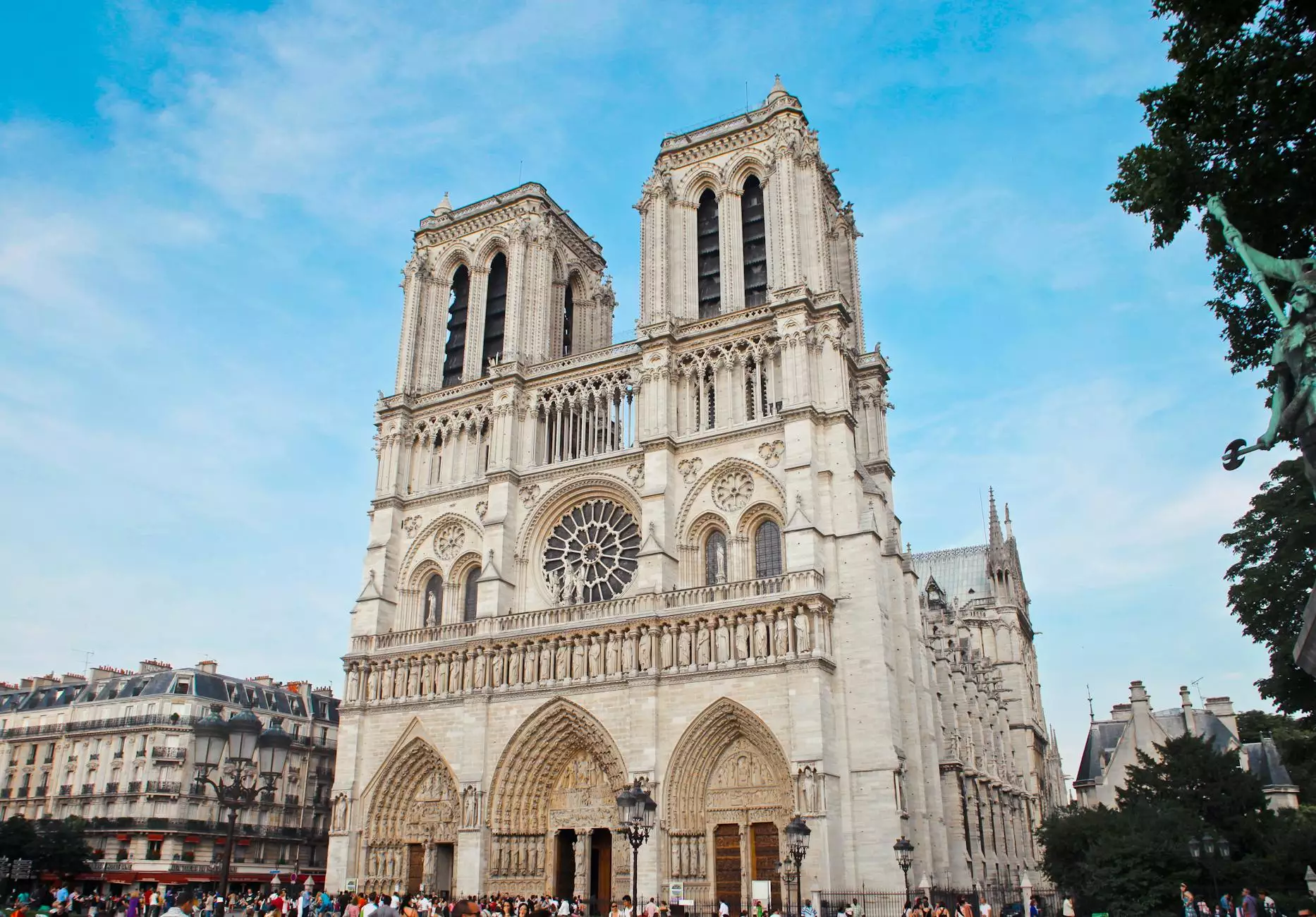The Impact and Significance of the Black American Church in Community Building and Spiritual Growth

The Black American Church has long been a cornerstone of spiritual, social, and cultural life within the African American community. Its influence extends beyond the sacred walls, shaping social justice initiatives, supporting community development, and fostering a sense of identity and resilience. This comprehensive exploration elucidates the profound importance of the Black American Church, exemplified by organizations such as Bridge Church NYC, a thriving religious organization committed to serving its congregation and the broader community.
Historical Foundations of the Black American Church
The history of the Black American Church is deeply intertwined with the African American experience. Emerging during slavery, it served as a sanctuary for spiritual refuge, a platform for collective resistance, and a space for cultural preservation. The Black church became a powerful institution in the fight for civil rights, with leaders like Martin Luther King Jr. harnessing its influence to mobilize communities for social justice.
Origins and Evolution
- Roots in Slavery: The earliest Black congregations often met secretly or in marginalized spaces, creating a sense of unity and resilience amid oppression.
- Post-Emancipation Growth: Freedmen established churches as centers of community life, education, and political activism.
- Modern Era: The Black American Church continues to evolve as a catalyst for social change, spiritual renewal, and community empowerment.
The Role of the Black American Church in Community Development
Beyond its spiritual mandate, the Black American Church actively engages in multifaceted community service efforts, addressing social, economic, and health disparities. Churches like Bridge Church NYC exemplify this holistic approach by integrating faith with social action to uplift marginalized populations.
Community Outreach and Service Programs
Many Black churches run programs that include:
- Food and Clothing Drives: Providing essential resources to alleviate poverty.
- Educational Initiatives: Tutoring, mentoring, and scholarship programs for youth and adults alike.
- Health and Wellness: Hosting health fairs, offering health screenings, and promoting healthy lifestyles.
- Crisis Support: Offering counseling services and support groups during times of community emergencies or personal crises.
Advocacy and Social Justice
Historically, the Black American Church has served as a platform for advancing civil rights. Today, churches advocate for racial equality, criminal justice reform, and equitable access to resources. Their influence often extends into local politics, empowering congregants to participate actively in civic life.
Spiritual Leadership and Cultural Preservation
The Black American Church plays an essential role in nurturing spiritual growth and cultural identity. It preserves rich traditions through music, sermons, and community rituals that reinforce collective identity and resilience.
Music and Worship as Cultural Expressions
Gospel music, spirituals, and hymns are integral to worship services, creating a vibrant atmosphere that celebrates heritage while fostering communal bonds. These musical traditions serve as both spiritual expressions and cultural affirmations, strengthening racial pride and unity.
Religious Education and Discipleship
Churches offer educational programs that deepen faith and understanding of scriptures, reinforcing moral values and life principles essential for building strong families and communities.
The Modern Black American Church: Innovation and Inclusion
Contemporary Black churches embrace innovation, utilizing digital media to reach wider audiences and adapt to modern needs. They promote inclusivity by welcoming diverse demographics and engaging in interfaith dialogues.
Digital Engagement and Outreach
Streaming services, social media platforms, and online ministries enable churches to connect with congregants beyond physical spaces, extending their influence and accessibility.
Focus on Diversity and Inclusion
Many churches actively promote diversity within their congregations and leadership, recognizing the importance of inclusivity in fostering a more equitable society.
Key Attributes of a Thriving Black American Church
A successful Black American Church combines spiritual vitality, community engagement, cultural expression, and organizational excellence. Essential qualities include:
- Strong leadership: Visionary pastors and lay leaders committed to community service.
- Vibrant worship: Lively services that inspire and energize congregants.
- Holistic ministry: Addressing spiritual, social, emotional, and physical needs.
- Active community involvement: Outreach programs, partnerships, and advocacy efforts that directly impact local neighborhoods.
Bridge Church NYC: A Model of the Black American Church in Action
Located in the heart of New York City, Bridge Church NYC exemplifies the modern, inclusive, and community-centered ethos of the Black American Church. It emphasizes spiritual growth, community upliftment, and social justice, standing as a beacon of hope and transformation.
Community Engagement Initiatives
- Providing free meals and supplies to underserved populations.
- Educational workshops focused on financial literacy, parenting, and mental health.
- Partnerships with local organizations to address homelessness and unemployment.
- Hosting youth programs designed to foster leadership and character development.
Faith and Action
Bridge Church NYC seamlessly integrates faith with actionable community projects, fostering an environment where congregants not only worship but also serve as agents of positive change in society. Their approach underscores faith in action, rooted in the core values of compassion, justice, and love.
The Future of the Black American Church
As society evolves, so does the Black American Church. It is poised to continue being a vital force for social change, spiritual nourishment, and cultural preservation. Key trends shaping its future include:
- Technological Integration: Leveraging digital tools for outreach, education, and community organizing.
- Focus on Mental Health: Expanding ministries that address emotional and psychological well-being.
- Interfaith and Intercultural Collaboration: Building bridges across different faiths and cultures to foster unity.
- Youth Engagement: Cultivating leadership among the younger generation to carry forward its legacy.
Conclusion: The Unwavering Spirit of the Black American Church
The Black American Church remains a pillar of strength, resilience, and hope. Its enduring legacy is rooted in a profound commitment to spiritual elevation and community service. Churches like Bridge Church NYC exemplify this spirit by actively uplifting communities, advocating for justice, and fostering meaningful connections among members.
As it navigates contemporary challenges and opportunities, the Black American Church will continue to be an essential institution shaping the fabric of African American life and contributing to a more equitable society for all.









